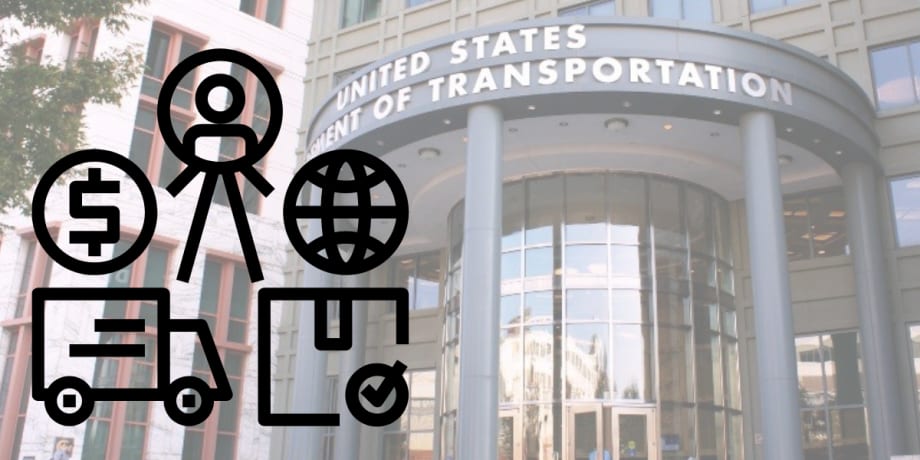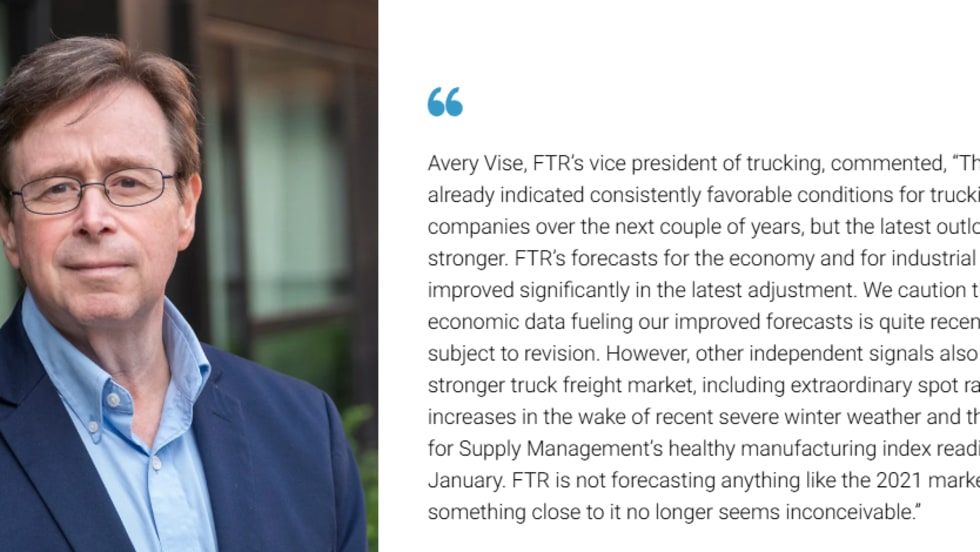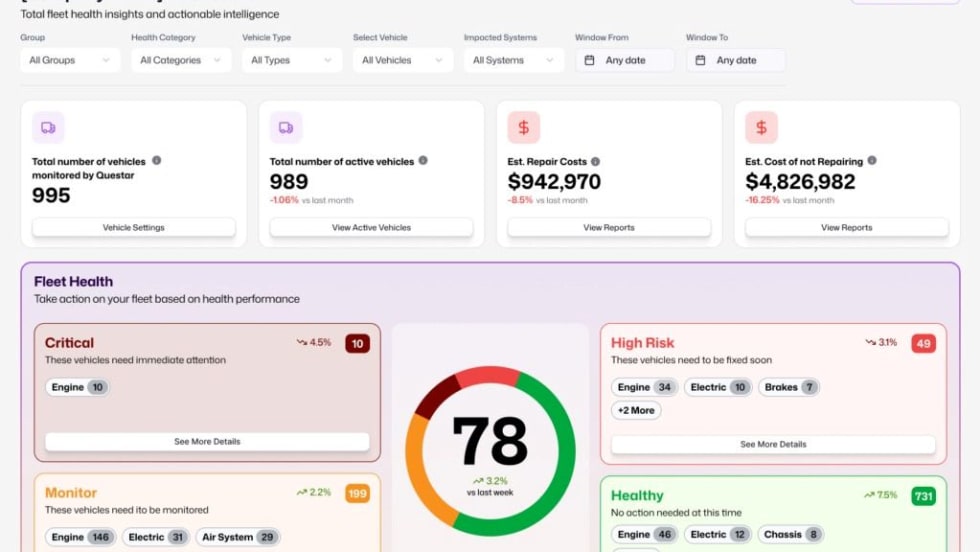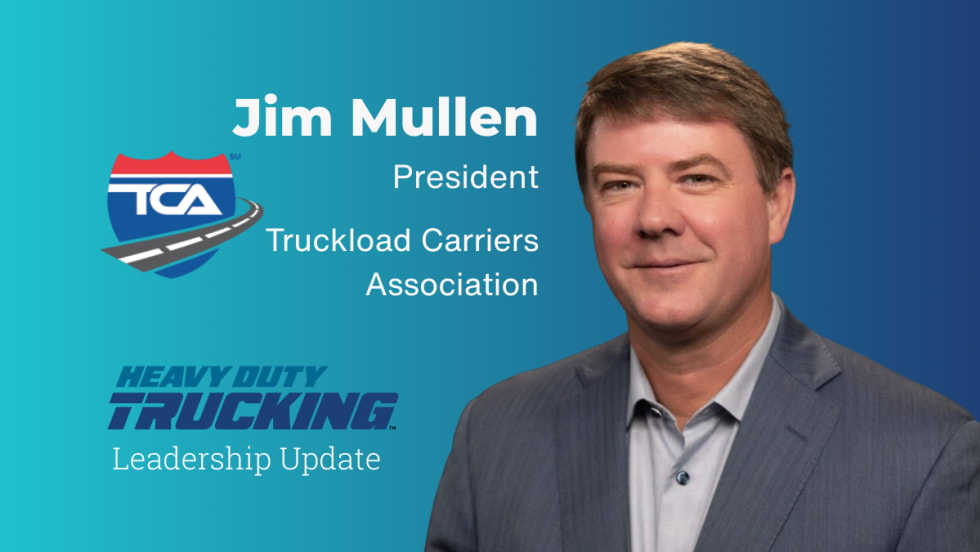The Federal Motor Carrier Safety Administration issued clarification of the definitions of “broker” and “bona fide agents,” and the extent to which “dispatch services" fall within these definitions.
The Federal Motor Carrier Safety Administration issued final regulatory guidance on June 16 clarifying the definitions of “broker” and “bona fide agents,” and the extent to which “dispatch services,” which are not defined under federal law, fall within these definitions.
A “broker” must obtain authority from FMCSA. A “bona fide agent” is not required to obtain authority.
"If you were hoping for actual clarity with respect to whether a 'dispatch service is, on the one hand, required to maintain brokerage authority and comply with the requirements that accompany such operating authority or, on the other, able to operate freely without authority or risk of violating the unlawful brokering regulations ... as a bona fide agent," said transportation attorney Bryan Nelson of the Taylor Johnson law firm in an email, "you were likely disappointed to learn that The Final Regulatory Guidance did nothing more than shrug and say, 'it depends' and leave the determination of such status clearly on the fence."
FMCSA issued the guidance in response to a mandate in the Infrastructure Investment and Jobs Act, also known as the Bipartisan Infrastructure Law, and the Fiscal Year 2023 Appropriations Act.
The agency asked for input on the topic in June 2022 and issued interim guidance in November 2022. It asked for comment on that interim guidance and further tweaked its definition based on the response.
Because it is guidance, the interpretation does not have the force and effect of law, but it notifies the public of how FMCSA views the distinctions.
The Role of Bona Fide Agents
The IIJA required FMCSA to examine the role of bona fide agents in the freight transportation industry.
FMCSA determined in its interim guidance that bona fide agents are generally considered to be individuals or entities that solicit business for a motor carrier. However, comments on the interim guidance said this statement may have made the relationship between a motor carrier and a bona fide agent seem too casual, when in reality a bona fide agent has a formalized and ongoing relationship with a particular motor carrier.
FMCSA agreed that the regulatory definition of “bona fide agent” does not contemplate a casual relationship, as it requires the bona fide agent to be part of the motor carrier's normal operations and to perform duties as directed by the motor carrier.
The agency’s final guidance says that a bona fide agent may be either an employee of a motor carrier or a contractor, but must perform its duties as specified in a preexisting agreement between the parties.
The regulations define “bona fide” agents as “persons who are part of the normal organization of a motor carrier and perform duties under the carrier's directions pursuant to a preexisting agreement which provides for a continuing relationship, precluding the exercise of discretion on the part of the agent in allocating traffic between the carrier and others.”
FMCSA can’t change this definition without going through a rulemaking, so while it determined that the definition of “bona fide agent” is adequate, the agency clarifies the term “allocating traffic.” The new guidance says this means “any exercise of discretion, choice, or decision-making on the agent's part about which motor carrier to assign a load.”
Deciding whether a bona fide agent is actually a broker, the agency said, is “highly fact specific.”
If a bona fide agent represents only one motor carrier, no exercise of discretion is necessary, so it’s clear that the agent is not a broker. However, an agent representing multiple carriers should be careful to structure its agreements to avoid the possibility of allocating traffic, said FMCSA.
It gave examples where the agent represented multiple carriers where there was not overlap in, for instance, geographic areas or specific types of freight and services. If there’s a load of hazardous materials, for instance, and Carrier A hauls hazmat but Carrier B does not, then the agent is not making decisions on which carrier to give it to. There’s only one option.
What is a ‘Dispatch Service’?
The IIJA directed FMCSA to consider the role of “dispatch services” in transportation and whether such services, which often purport to “represent” multiple motor carriers, can be considered a “bona fide agent” of a motor carrier, explained the transportation attorneys at Scopelitis, Garvin, Light, Hanson & Feary in an email “Law Alert.”
The resulting final guidance does not define “dispatch services,” It does outline factors that would indicate whether a “dispatch service” is acting as a “broker” or a “bona fide agent.”
“The determination is based on a totality of the circumstances but assessed through the extent of control a motor carrier has over a ‘dispatch service’s’ actions,” the attorneys explained. “The greater the control, the less likely the ‘dispatch service’ needs broker authority.”
FMCSA in its final guidance explained that “there is no statutory or regulatory definition of a dispatch service, nor is there a commonly accepted definition of such a service.” Some features of dispatch services include:
Working exclusively for motor carriers, not for shippers.
Sourcing loads for motor carriers.
Performing additional services for motor carriers that are unrelated to sourcing shipments.
FMCSA said it does not have statutory authority to regulate dispatch services unless they also meet the criteria for registration as brokers, freight forwarders, and/or motor carriers.
Dispatch services may be classified as either brokers or bona fide agents, depending on the nature and scope of their activities, according to the guidance. Determining which requires examining whether dispatch service's activities meet the criteria set out in the statutory and regulatory definitions of “broker” or “bona fide agent.”
In determining whether a dispatch service is required to obtain broker authority, the FMCSA sets forth seven factors ... "with Factor 5 putting dispatch services right back on the fence," Nelson says. "In Factor 5, where the allocation of traffic would be used to require a dispatch service to obtain broker authority, the FMCSA, intentionally or not, potentially limits the ability to determine a dispatch service is acting as a broker when it states:
“(5) The dispatch service engages in allocation of traffic by accepting a shipment that could be transported by more than one carrier with which it has agreements and assigns it to one of those carriers.”
Nelson said this contradicts its earlier examples focused on geographic scope, truck type, and commodity type. "As written, this Factor 5 seems to suggest that even if a dispatch service has two carriers under contract that operate within the same geographic scope, using the same truck types, and hauling the same commodities, if only one of those carriers can transport that specific shipment due to HOS or truck availability, then it is still not brokering, and no authority is necessary."
The Role of Dispatch Services
The agency said it does not believe it was the intent of Congress to eliminate the use of dispatch services. Comments indicated that “both small and large motor carriers believe dispatch services play an important role in their operations,” the agency explained. “In particular, small motor carriers who cannot afford a fulltime employee may rely on dispatch services to perform various functions, including ensuring the motor carrier has a steady stream of shipments, while allowing the motor carrier to focus on its core business of transporting freight.”
The final guidance outlines specific activities that dispatch services may engage in without obtaining broker authority, and those that require broker authority.
FMCSA said that some dispatch services currently operating without broker authority may determine, based on the guidance, that their activities require them to either reduce the number of carriers they represent or apply for broker authority.
The IIJA also said the guidance needed to clarify the level of financial penalties for unauthorized brokerage activities. In the interim guidance, FMCSA determined that this assessment is straightforward. If the dispatch service is deemed to be providing unauthorized brokerage services, the service will be subject to applicable penalties. If no finding of unauthorized brokerage is made, it will not be subject to such penalties.
Technology and Brokerage
Congress also directed the agency in its guidance to take into consideration the extent to which technology has changed the nature of freight brokerage.
FMCSA in its final guidance explained that while it recognized that freight brokerage has changed immeasurably due to technology, including moving from a phone-based system to one conducted mainly over the internet, it concluded that these changes “do not impact the fundamental nature of brokerage, which involves arranging transportation for compensation, and hence do not have a significant impact on this guidance.”
Stakeholders asked FMCSA to clarify whether internet-based load matching services and load boards are considered brokers. While this topic garnered few comments, those that addressed it agreed that these services should not be considered brokers.
However, some commenters expressed concerns about motor carriers, brokers, and dispatch services perpetrating fraud through the use of load boards.
In response, FMCSA said that merely making information about potential shippers publicly available, regardless of whether a fee is charged, does not require an entity to obtain broker authority, as long as the entity making the leads available is not otherwise involved in any transaction between the shipper and a motor carrier.
Fraud and Double Brokering
Some commenters sought action regarding allegations of fraud, supply chain abuse, theft of cargo, double brokering, and misappropriation of funds occurring in the industry.
FMCSA responded in its guidance that “double brokering” is not a term defined by law or regulation, and commenters use the term to refer to several different activities. “However, it appears most commenters concerned with double brokering are referring to ways in which some entities act as brokers without proper authority.”
FMCSA also said some comments asked it to take actions outside of the guidance required by the IIJA, specifically regarding issues of transparency and fairness in transactions between motor carriers and brokers. Any changes to FMCSA's regulations regarding compliance responsibilities would need to be made through a rulemaking proceeding.














